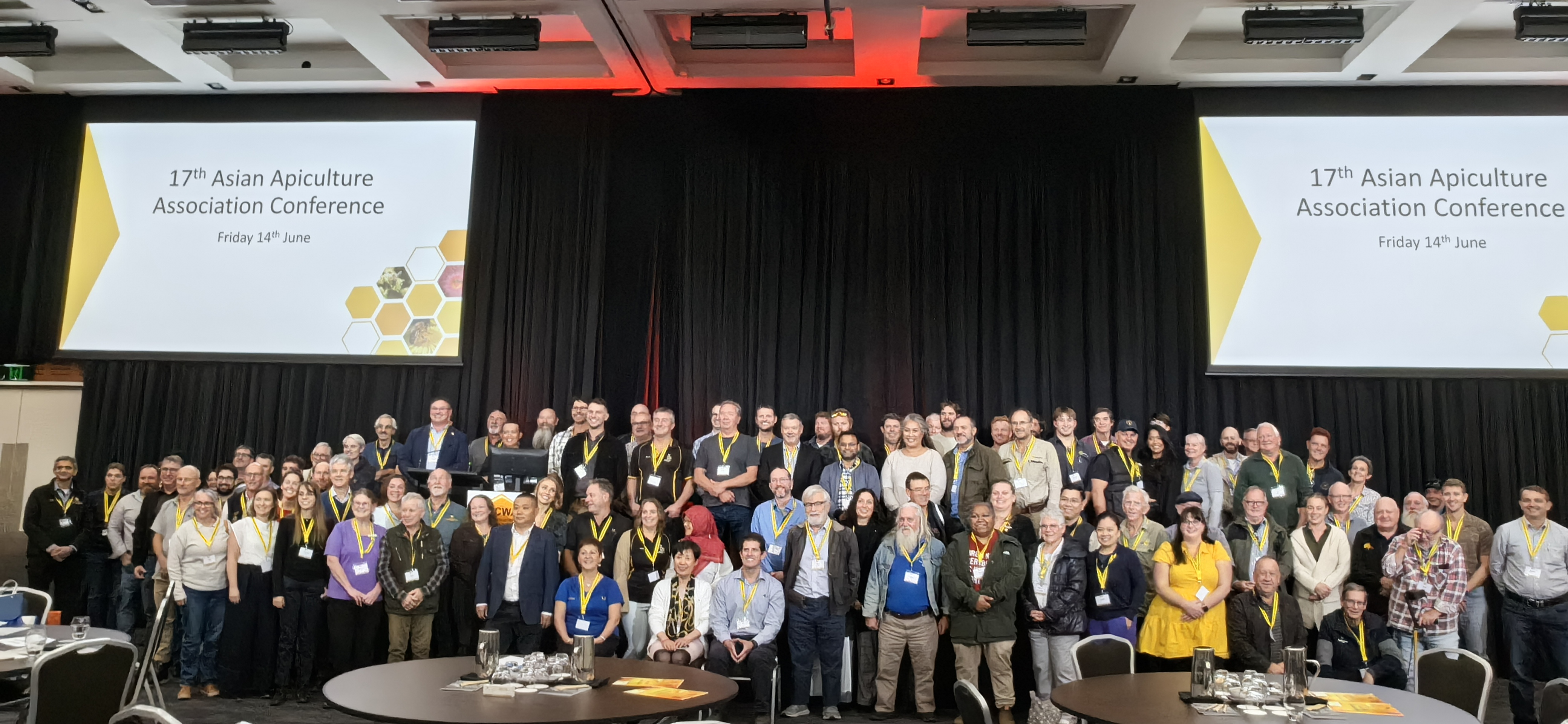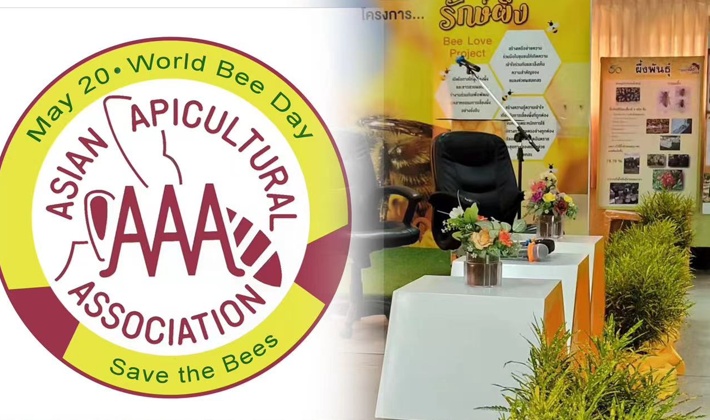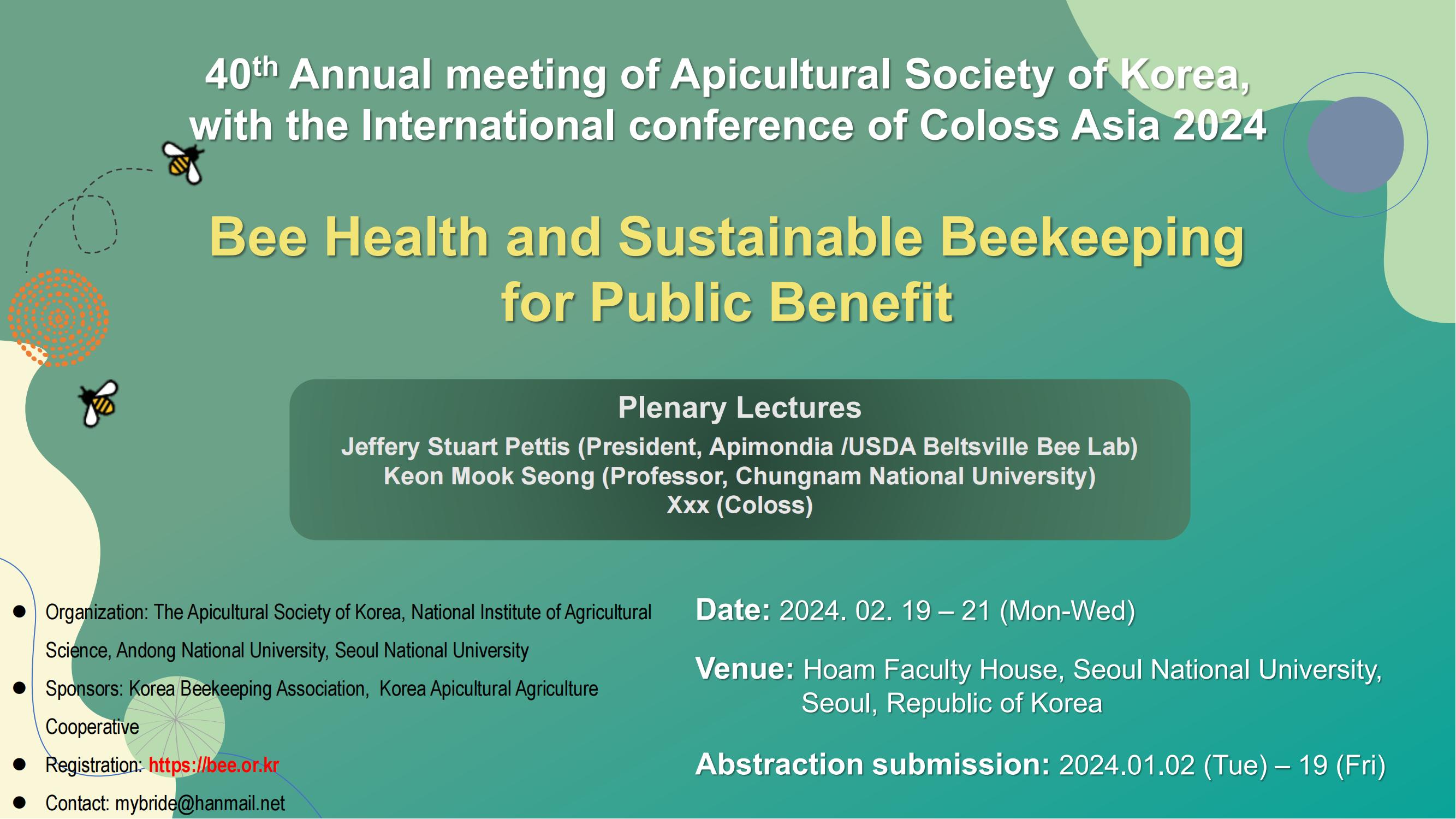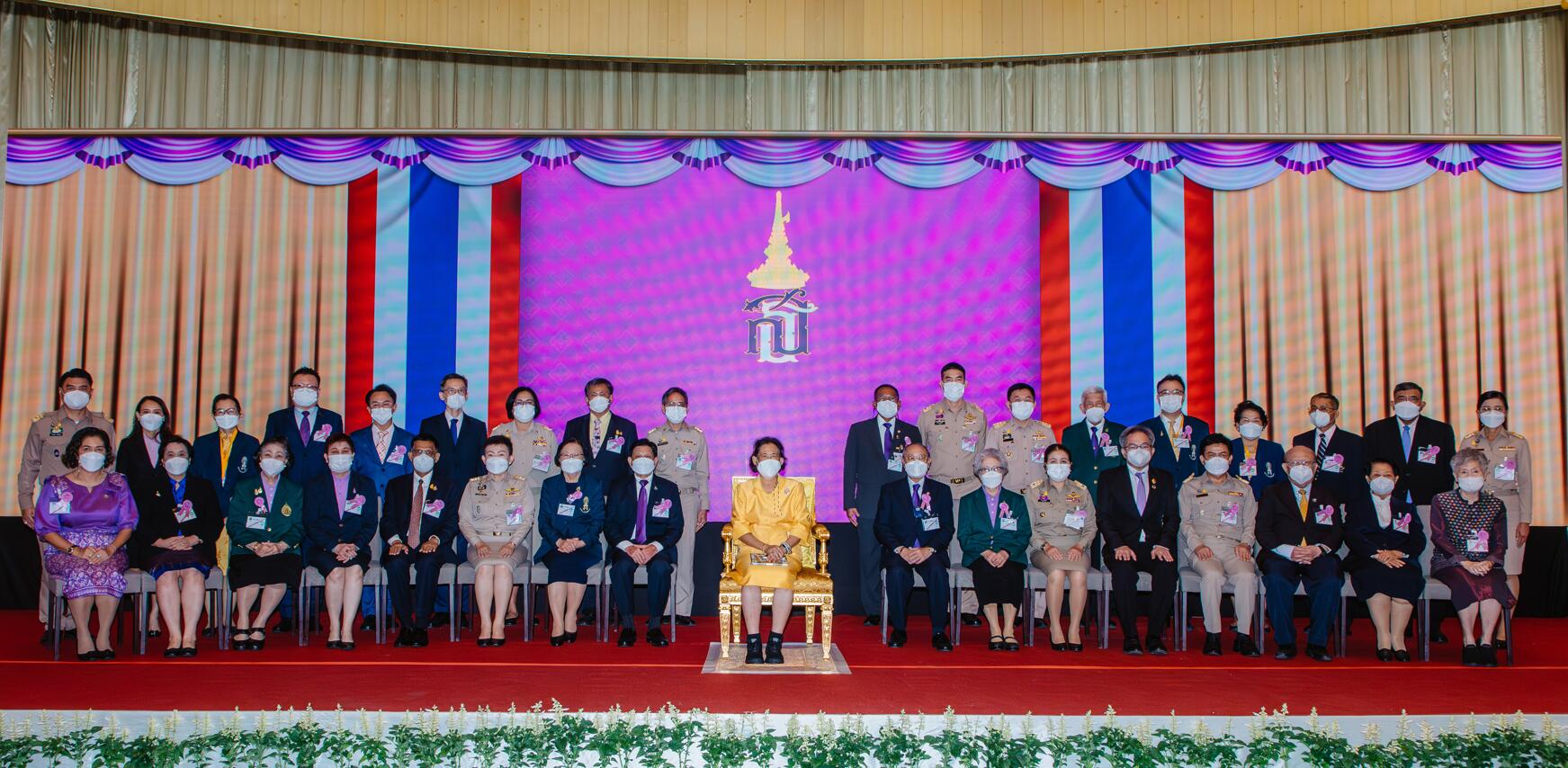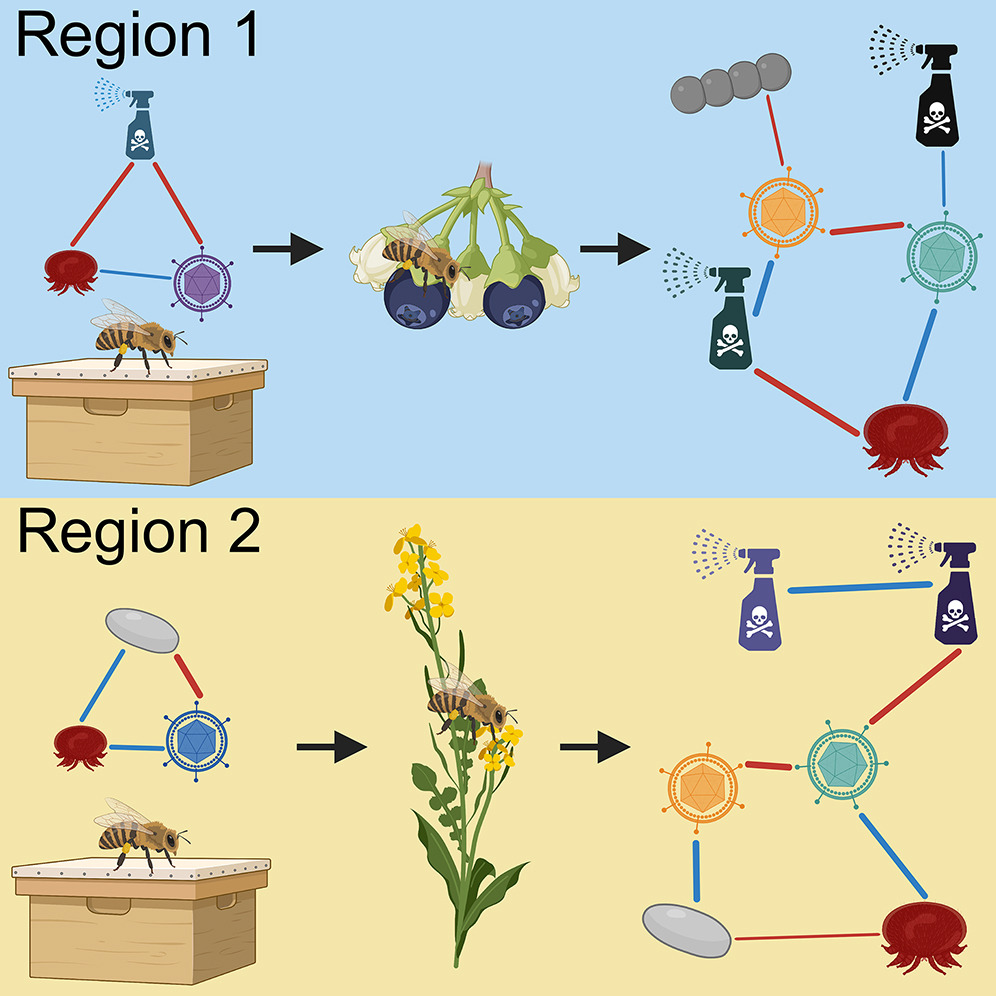The 12th AAA Conference, hosted by AAA and held by Turkish Association of Beekeepers (TAB), was on from April 24th—27th in Antalya, Turkey. There were altogether 420 registered delegates from over 30 countries participated in the conference. The president of Apimondia, president of AAA, president of TAB and local officials of Antalya presented the opening ceremony and gave their speeches.
The theme of the conference was “Save The Bees Worldwide”. 133 papers were collected, covering academic areas like bee biology, bee breeding, propolis, pollination, management beekeeping development, bee diseases, bumble bees, apitherapy and so on. There were also more than 30 booths at the exhibition hall, with high quality honey products, beekeeping tools and machinery from Turkey, China, America, Korea and some other countries. Although the exhibition scale is small, every exhibitor made a fruitful display of their products and got several orders on site.
AAA General Assembly was held during the conference with President Siriwat Wongsiri as the host. Over 30 AAA member delegates from over 24 countries presented the meeting. Prof. Siriwat gave a report of the work had done by AAA in 2013 and made an arrangement of the work to be done in 2014 and 2015. Amendment of AAA membership fee, new member countries, Myanmar’s cooperation with FAO and some other issues was decided and announced at the meeting. The 13th AAA Conference will be held in Saudi Arabia. For further information, please refer to AAA Meeting Minutes.
The Conference organizing committee also arranged a technical tour to Cemil Bozkurt Queen Bee Breeding Apiary in Serik after the conference and exhibition. The apiary mainly breeds Caucasian queen bee. It has nearly 6000 nucs, produces 3-4 times a year, providing quality queen bee all over the country. Besides queen bee breeding, the apiary also produces bee products, and could produce 400g royal jelly and 300g proplis per nuc in high season.
Turkey is one of the few countries in the world that has high density of bee resources distribution and could display the diversity of bee genetic resources. It remains a large beekeeping country of Asia to be explored, discovered and studied. |
